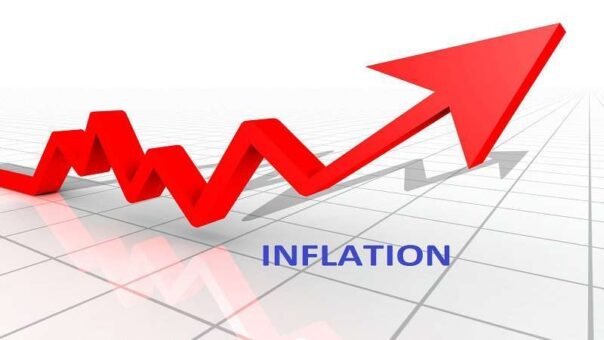Headline inflation in Pakistan is set to reach a historic high of 36.5% in April 2023, according to analysts at Arif Habib Limited on Friday.
The surge in inflation is primarily due to the rising food prices, with the YoY uptick in Consumer Price Index (CPI) led by food, transport, housing, restaurants and hotels, household equipment, recreation and culture, clothing and footwear, and miscellaneous expenses. The core inflation is expected to continue hovering above 20% in the outgoing month.
READ MORE: Pakistan’s headline inflation hit record high at 35.4% in March 2023
On a month-on-month (MoM) basis, CPI is expected to show an uptick of 2.44% due to higher food inflation, which is driven by the increase in prices of almost all perishable items, led by wheat and fresh fruits, as per Sensitive Price Indicator (SPI) data. This surge in prices is fueled by the Ramadan factor, an increase in domestic petroleum product prices, and a jump in prices of clothing. The food index alone is expected to jump 5% MoM, contributing the most to the overall headline inflation of April 2023.
READ MORE: Indicators show further slowdown in Pakistan economy: Finance Ministry
It is important to note that the next few months’ headline inflation is likely to remain elevated, hovering above 30%, owing to the low base-effect, high food and energy prices, and weaker currency. However, inflation should recede mainly on the back of a higher base in the second half of CY23. The State Bank of Pakistan (SBP), in its policy statement, stated that the near-term outlook for inflation has deteriorated post external and fiscal adjustments undertaken recently. With that, the Monetary Policy Committee (MPC) revised its CPI forecast for FY23 to 27-29%.
READ MORE: Pakistan’s foreign exchange reserves drop to $9.816 billion
Overall, the surge in headline inflation in Pakistan may have significant implications for the country’s economy and its citizens. The rising cost of living may result in a decrease in disposable income and could push more people into poverty. Additionally, higher inflation may lead to a reduction in consumer spending, negatively impacting businesses and the overall economy. Therefore, policymakers may need to take necessary steps to mitigate the impact of rising inflation and ensure the country’s economic stability.
READ MORE: Pakistan inflation likely to surge by 34.5% in March 2023
